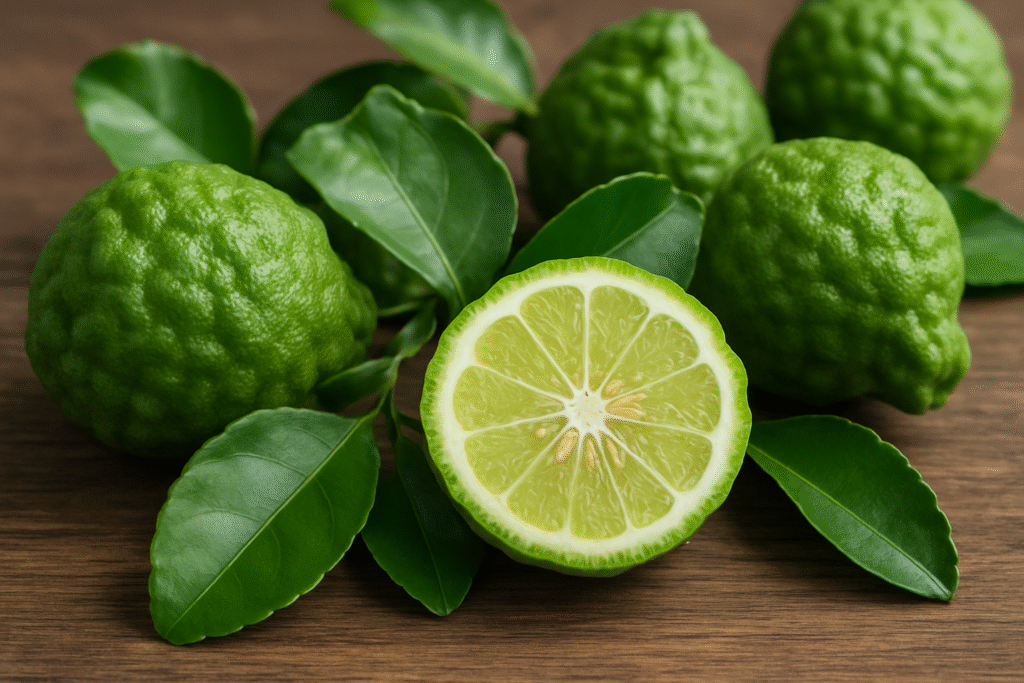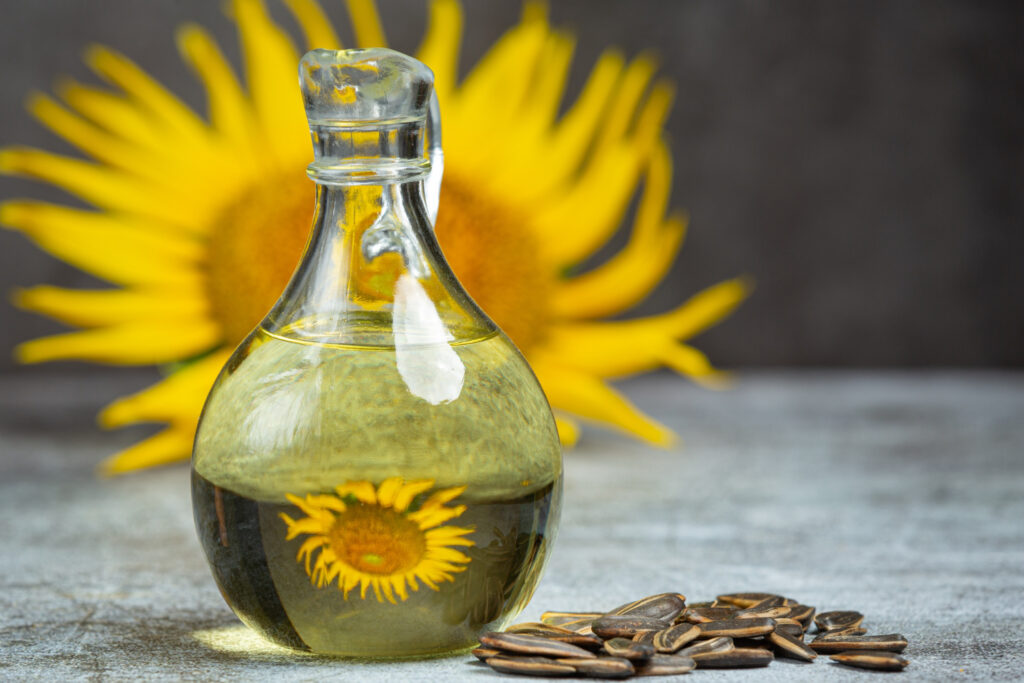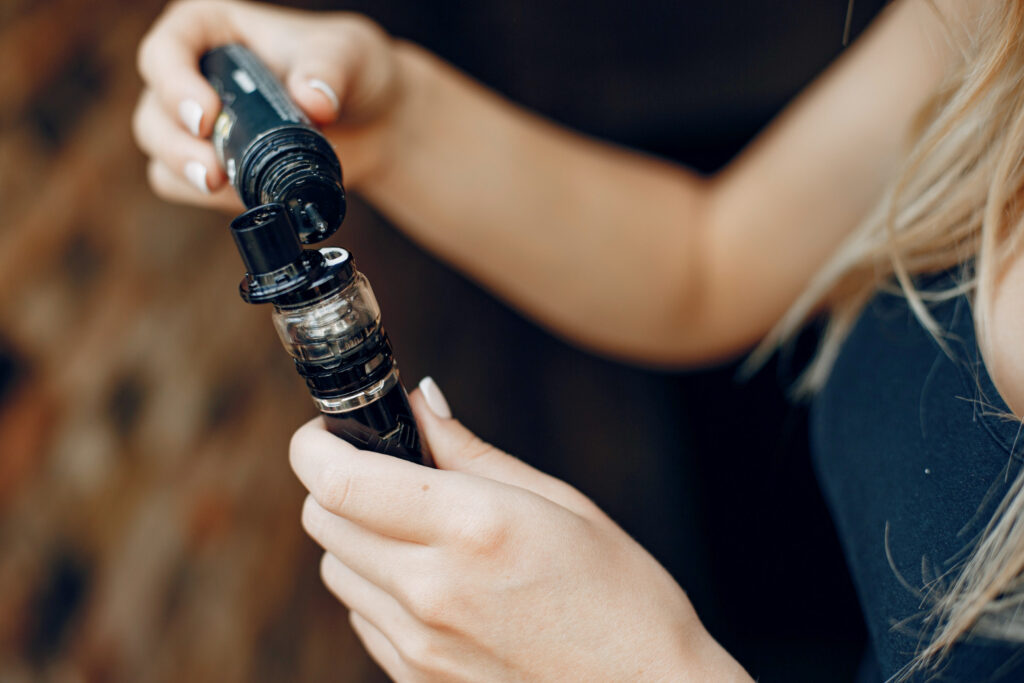Bergamot is a small citrus fruit that looks similar to an orange but has a distinct aroma and flavor that sets it apart. It mainly grows in the warm regions of southern Italy, especially in Calabria, though it can also be found in other Mediterranean areas. Known for its sweet yet slightly tangy fragrance, bergamot has become a favorite in both wellness and lifestyle circles. From perfumes and teas to essential oils and skincare, bergamot is appreciated for its natural versatility and mood-lifting scent that brings freshness into daily life.
Bergamot and Its Origins
Bergamot (Citrus bergamia) has a rich history that connects culture, trade, and natural healing. The name “bergamot” is believed to have originated from the Italian town of Bergamo, where the fruit was first sold. Historically, bergamot was highly prized for its essential oil, which became a major export during the 18th century. The fruit is thought to be a hybrid between a bitter orange and a lemon or lime, giving it a unique balance of sweetness and sharpness. Over time, it became an essential ingredient in traditional remedies and luxury goods, especially in Europe. Today, bergamot remains a symbol of refinement, freshness, and wellness.
Unique Aroma and Flavor Profile of Bergamot
What makes bergamot truly special is its complex scent and taste. Its aroma is a perfect blend of citrus brightness, floral warmth, and subtle spice. This combination has made it one of the most popular ingredients in the perfume industry — famously featured in classic fragrances like Eau de Cologne. In flavor, bergamot has a tart and slightly bitter taste that pairs beautifully with teas and desserts. It’s this dual character — refreshing yet sophisticated — that makes bergamot both intriguing and universally appealing.
Bergamot Essential Oil and Its Common Uses
Bergamot essential oil is one of the most valuable products derived from the fruit. It is extracted from the peel through cold pressing, a process that preserves its delicate aroma compounds. The oil is widely used in aromatherapy for its calming and uplifting properties. When diffused, bergamot oil can create a relaxing atmosphere that helps reduce stress and anxiety.
Beyond aromatherapy, bergamot essential oil is used in natural skincare for its cleansing and soothing effects. It can help balance oily skin and refresh the senses when used in bath products. Some people even add a few drops of bergamot oil to homemade candles or sprays for a luxurious, citrusy scent that energizes any space.
Health Benefits of Bergamot
Bergamot is not just about fragrance — it also offers several potential health benefits supported by modern research. Studies suggest that compounds in bergamot may help reduce cholesterol levels and support heart health. Its natural polyphenols can aid in maintaining healthy blood sugar and lipid levels.
Bergamot’s scent also plays a role in emotional well-being. Aromatherapy experts often recommend bergamot oil for mood improvement and stress relief. Its refreshing aroma can uplift the spirit, making it a gentle way to ease tension and fatigue. Additionally, bergamot tea, rich in antioxidants, may support digestion and overall wellness when consumed regularly.
While these benefits are promising, it’s important to remember that bergamot should not replace medical treatments. Instead, it can be seen as a natural complement to a balanced lifestyle.
Bergamot in Tea and Culinary Creations
If you’ve ever enjoyed a cup of Earl Grey tea, then you’ve already tasted bergamot. The tea’s signature aroma comes from the addition of bergamot oil, which adds a floral and citrus twist to the blend. This pairing of black tea and bergamot has made Earl Grey one of the most beloved teas in the world.
In cooking, bergamot zest and oil are occasionally used to flavor baked goods, marmalades, and confections. Its bold citrus notes add a sophisticated touch to desserts and sauces. Chefs often experiment with bergamot to give their dishes a refreshing lift without overpowering the other ingredients. Even a small amount can transform a simple recipe into something elegant and aromatic.
Safety and Possible Side Effects of Bergamot
While bergamot is natural, it’s still important to use it carefully. The essential oil can make the skin sensitive to sunlight, so it should always be diluted with a carrier oil before topical use. Applying undiluted bergamot oil directly to the skin can lead to irritation or sunburn.
When taken as tea or used in food, bergamot is generally safe in moderate amounts. However, consuming large quantities of highly concentrated bergamot extracts may interfere with certain medications or cause muscle cramps in rare cases. It’s always wise to consult a healthcare provider before adding any new herbal product or oil to your wellness routine.
Choosing and Storing Bergamot Products
When selecting bergamot products, quality makes all the difference. Pure bergamot essential oil should come from reputable brands that provide details about sourcing and extraction methods. Look for labels mentioning “cold-pressed” and “100% pure” to ensure authenticity. For teas, check for natural flavoring rather than artificial substitutes.
To preserve freshness, store bergamot oil in dark glass bottles away from sunlight and heat. The same goes for bergamot-infused teas or dried peels — keeping them in airtight containers will protect their aroma and flavor for longer. By maintaining proper storage, you can enjoy bergamot’s benefits and fragrance at their best.
Conclusion
Bergamot is more than just a citrus fruit — it’s a sensory experience that combines beauty, wellness, and culture. From its delicate scent in perfumes to its refreshing taste in tea, bergamot has earned a place in homes around the world. Its natural health benefits, uplifting aroma, and elegant flavor continue to inspire those who seek balance and calm in their daily lives.
Whether you enjoy it as an essential oil, a cup of tea, or a skincare ingredient, bergamot brings a touch of nature’s charm to modern living. Its versatility reminds us that sometimes, the simplest elements of the earth can bring the greatest joy.




